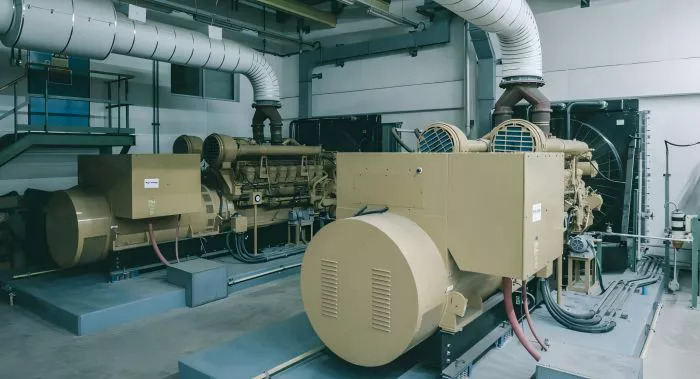Brazil’s renewable energy generators are grappling with significant financial losses, attributed to restrictions imposed by the country’s grid operator, ONS. Local industry associations argue that these measures, known as curtailments, are severely impacting wind and solar energy producers.
Curtailments involve reducing the electricity output of renewable energy plants to stabilize the transmission network. The frequency of these restrictions has surged following a major blackout in August 2023, which left six northeastern states without power.
Abeeólica, representing wind power companies, and Absolar, which advocates for solar energy producers, report unprecedented curtailments. In June alone, over 1,050 megawatt-hours (MWh) of wind energy and more than 370 MWh of solar power were restricted. Abeeólica estimates that losses for wind power could exceed 700 million reais (approximately USD 128 million) from August 2023 to the end of 2024. Solar energy losses amounted to 178 million reais in 2023, with an additional 50 million reais lost from April to July 2024, according to Absolar.
Voltalia, a key player in the sector, warned that continued curtailments without financial compensation would significantly impact its 2024 earnings before interest, taxes, depreciation, and amortization (Ebitda). The company expressed concern that the volume of curtailments in the northeast might extend for several months due to delays in constructing new transmission lines, which are essential for strengthening the regional grid.
In response to these issues, Abeeólica and Absolar have filed a lawsuit seeking financial compensation for the generation cuts enforced by ONS. Carlos Dornellas, Absolar’s technical-regulatory director, emphasized the legal entitlement to compensation for outages not caused by generators themselves. He criticized a resolution by the regulatory agency Aneel that limits compensation to specific external causes, excluding broader reliability and energy reasons.
Dornellas highlighted that companies are experiencing daily outages of up to 80%, which adversely affects their credit ratings, financing prospects, and could potentially lead to bankruptcy if the situation persists.
Aneel, through its press office, countered that charging consumers for energy they cannot receive, due to engineering constraints or systemic security issues, is inappropriate. The agency argues that including compensation costs in sectoral charges would unfairly increase electricity bills for industrial, commercial, and residential users.
Negotiations between the companies, Aneel, and ONS are ongoing, aiming to reduce the intensity of curtailments and align operational practices with the actual capacity of the grid. However, Dornellas noted that progress has been slow, with investors pressing for legally guaranteed compensation.
related topics:
- Generac GP3300: A Comprehensive Review
- Top 5 Whole House Generator Brands for Reliable Power Solutions
- Top 5 Home Generators Under $1000

